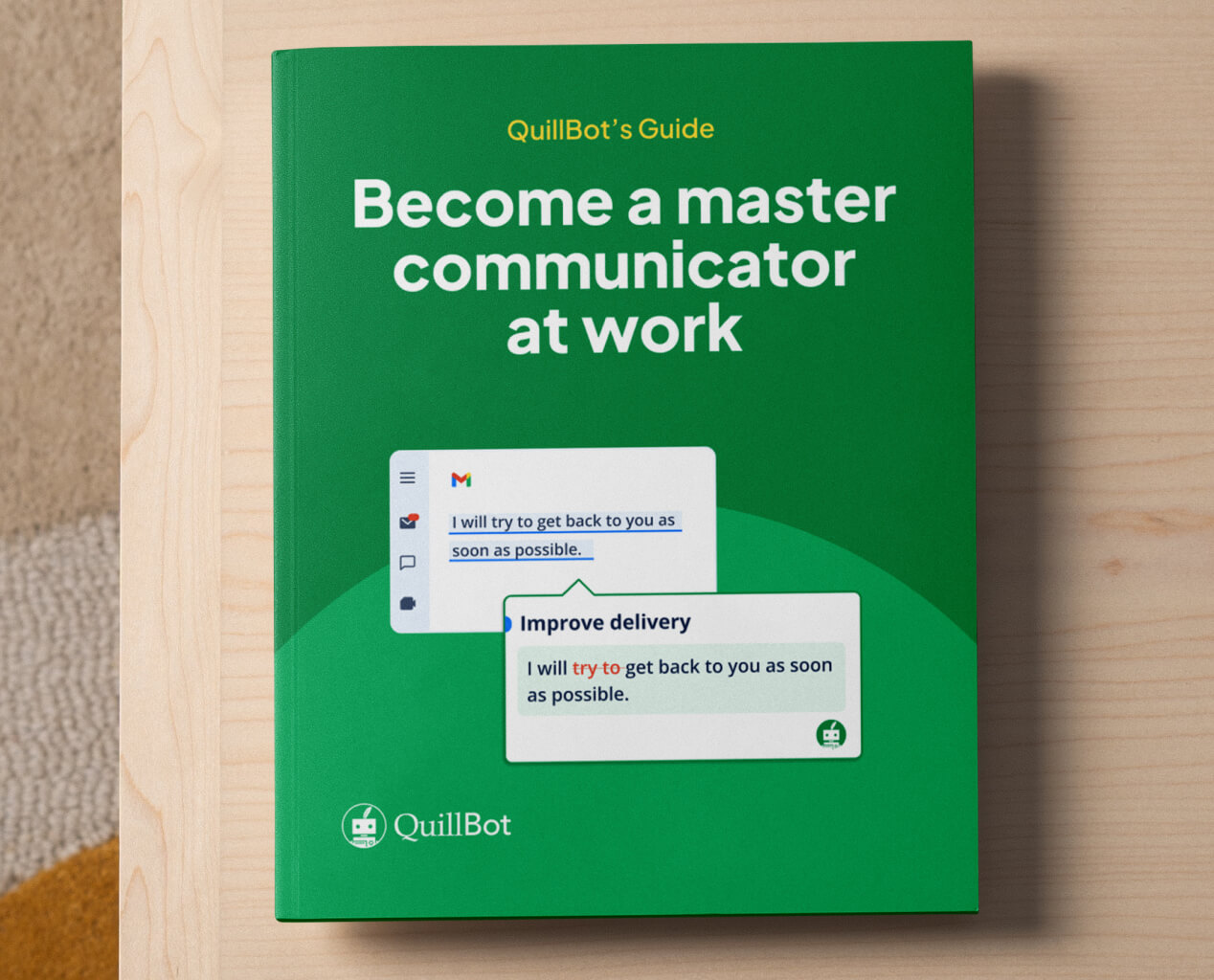Happy Hanukkah | Greetings, Meaning & Traditions
Hanukkah is a joyous religious festival in Judaism. For eight days, families and friends gather together to light candles, recite blessings, play games, and enjoy traditional fried treats like latkes and sufganiyot. If you know someone celebrating this holiday, you may be wondering how to wish them “Happy Hanukkah”—and whether other greetings are customary.
In this guide, you can read more about the holiday’s meaning, key traditions, and different ways to say “Happy Hanukkah” to those who celebrate it.
What Is Hanukkah?
Hanukkah, also known as “The Festival of Lights,” is an eight-day Jewish festival celebrated in November or December. The Hebrew word “Hanukkah” (or “Chanukah”) means “dedication.”
Hanukkah commemorates the victory of Jewish rebels who reclaimed the Temple in Jerusalem during the 2nd century BC. The eight-day celebration honors a miracle: when lighting the Temple’s original seven-branched menorah, they found only enough oil for one day, yet it lasted for eight days.
Hanukkah begins on the 25th of Kislev in the Hebrew calendar, aligning with November and December in the Gregorian calendar.
How is Hanukkah celebrated?
Hanukkah is celebrated by lighting a special nine-branched menorah. Each evening, one candle is lit using the “shamash,” a helper candle that lights the others. Before lighting, blessings are recited to honor the holiday’s meaning.
Food is central to the celebration, especially fried dishes like latkes (potato pancakes) and sufganiyot (jelly-filled doughnuts), symbolizing the oil miracle.
People of all ages enjoy playing dreidel, a game played with a four-sided spinning top marked with Hebrew letters, often competing for chocolate coins or real money known as “gelt.”
Family and friends gather to share meals and stories, making Hanukkah a warm and festive occasion.
How to wish someone Happy Hanukkah
You can say “Happy Hanukkah” any time during the eight days, whether on the first night or later on. It’s simple, warm, and very well received. In English-speaking settings, this phrase is absolutely appropriate.
If you want to add a more traditional or festive touch, here are some greetings from different Jewish languages:
Hanukkah Sameach: Hebrew for “Happy Hanukkah.” This is the most common Hebrew greeting.
Chag Urim Sameach: Hebrew for “Happy Festival of Lights,” a poetic way to refer to Hanukkah.
Chag Sameach: Hebrew for “Happy Holiday,” a more general greeting that works for many Jewish festivals.
Ah Freilichen Hanukkah: Yiddish for “A Happy Hanukkah.” Yiddish is the historical language of many Ashkenazi Jews.
Hanukah Alegre: Ladino (Judeo-Spanish) for “Happy Hanukkah.” Ladino was traditionally spoken by Sephardic Jews.
Here are some thoughtful greetings you can use, depending on the tone you want to strike and your relationship with the person:
- Happy Hanukkah! May your candles burn bright and your home be filled with joy.
- Wishing you eight nights of love, light, and laughter.
- May your Hanukkah be filled with beautiful, everlasting memories—and lots of latkes!
- Hanukkah Sameach—may the Festival of Lights bring you peace and warmth.
- Ah Freilichen Hanukkah—sending you happiness and peace.
- Chag Urim Sameach! Here’s to a bright and meaningful holiday season.
- May the lights of the menorah fill your home with hope, joy, and love.
- Hanukah Alegre! May your days be filled with light and celebration.
- Thinking of you during this Festival of Lights—may it be filled with miracles and joy.
- Wishing you gelt, latkes, and lots of light—have a wonderful Hanukkah!
- Sending you blessings of peace, joy, and all things good this Hanukkah.
If you’re also looking for greetings for other Jewish holidays, you can wish someone “Happy Passover” in spring. Passover has its own traditional greetings and customs.
Frequently asked questions about happy Hanukkah
- Is it appropriate to say Happy Hanukkah?
-
Yes, “Happy Hanukkah” is completely appropriate and widely used. You can say it to anyone who celebrates, whether on the first night or at any point during the eight days. It’s a simple, friendly way to acknowledge the holiday, much like wishing someone “Happy Easter” or “Merry Christmas” in their own tradition.
If you’re curious about other greetings or want to explore how different traditions vary, you can always ask QuillBot’s AI Chat for more guidance.
- What are some traditional Hanukkah greetings?
-
Several greetings are commonly used during Hanukkah, both in English and in traditional Jewish languages.
Popular options include “Happy Hanukkah,” “Hanukkah Sameach” (Hebrew for Happy Hanukkah), “Chag Urim Sameach” (Hebrew for Happy Festival of Lights), “Ah Freilichen Hanukkah” (Yiddish), and “Hanukah Alegre” (Ladino). All are warm, appropriate, and widely recognized.
If you’d like help translating or checking the spelling of any Hanukkah greeting, you can try QuillBot’s free Translator to get it just right.
- How do you spell Hanukkah?
-
Hanukkah can be spelled in several ways because it’s a Hebrew word transliterated into English. The most common spelling is Hanukkah, like in the greeting “Happy Hanukkah,” but you might also see Chanukah, Hanukah, or Chanukkah. All are correct and refer to the same holiday.
If you have questions about spelling Happy Hanukkah or other greetings, just ask QuillBot’s AI Chat.
Cite this QuillBot article
We encourage the use of reliable sources in all types of writing. You can copy and paste the citation or click the "Cite this article" button to automatically add it to our free Citation Generator.
Nikolopoulou, K. (2025, November 21). Happy Hanukkah | Greetings, Meaning & Traditions. Quillbot. Retrieved February 23, 2026, from https://quillbot.com/blog/wishes-and-expressions/happy-hanukkah/

